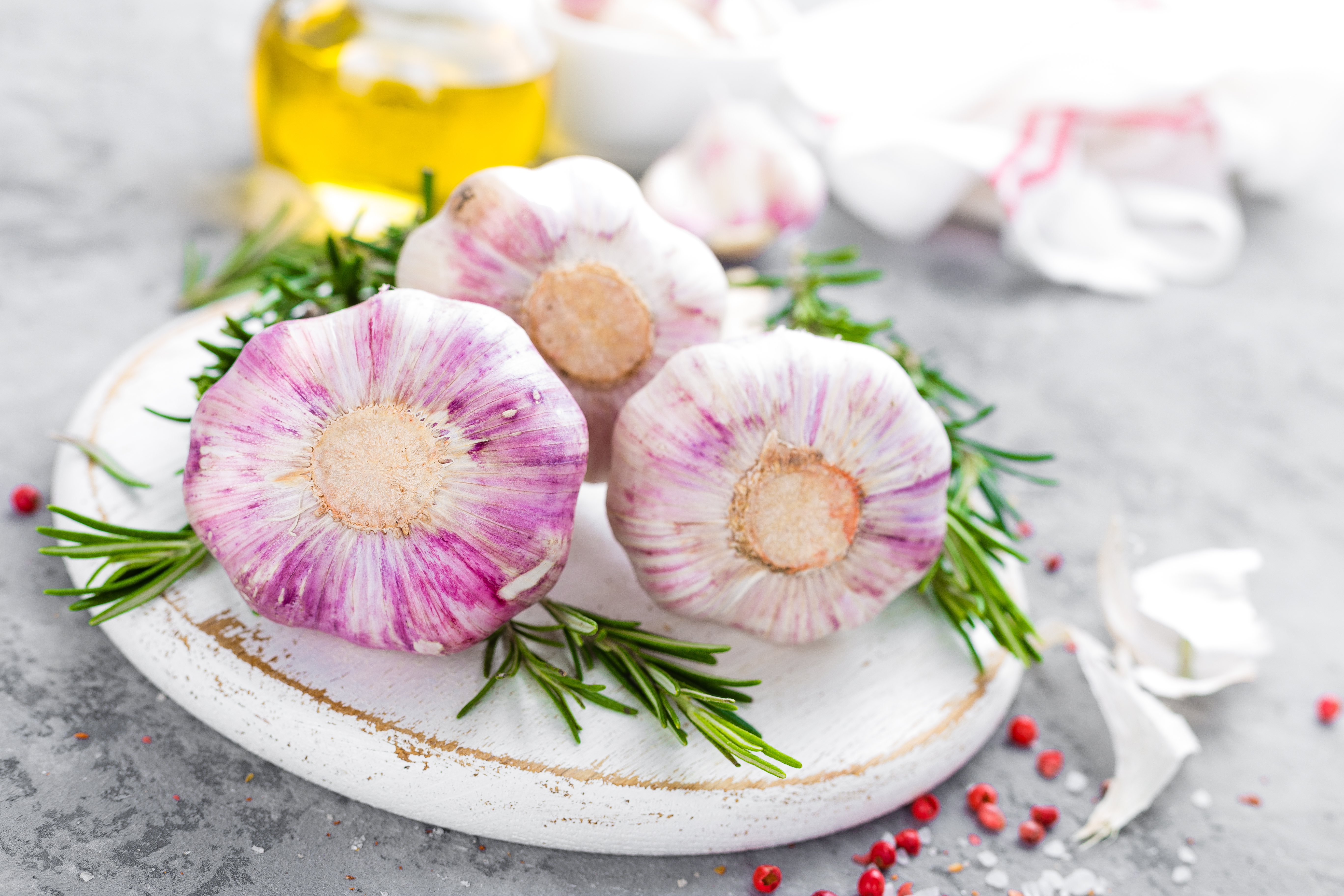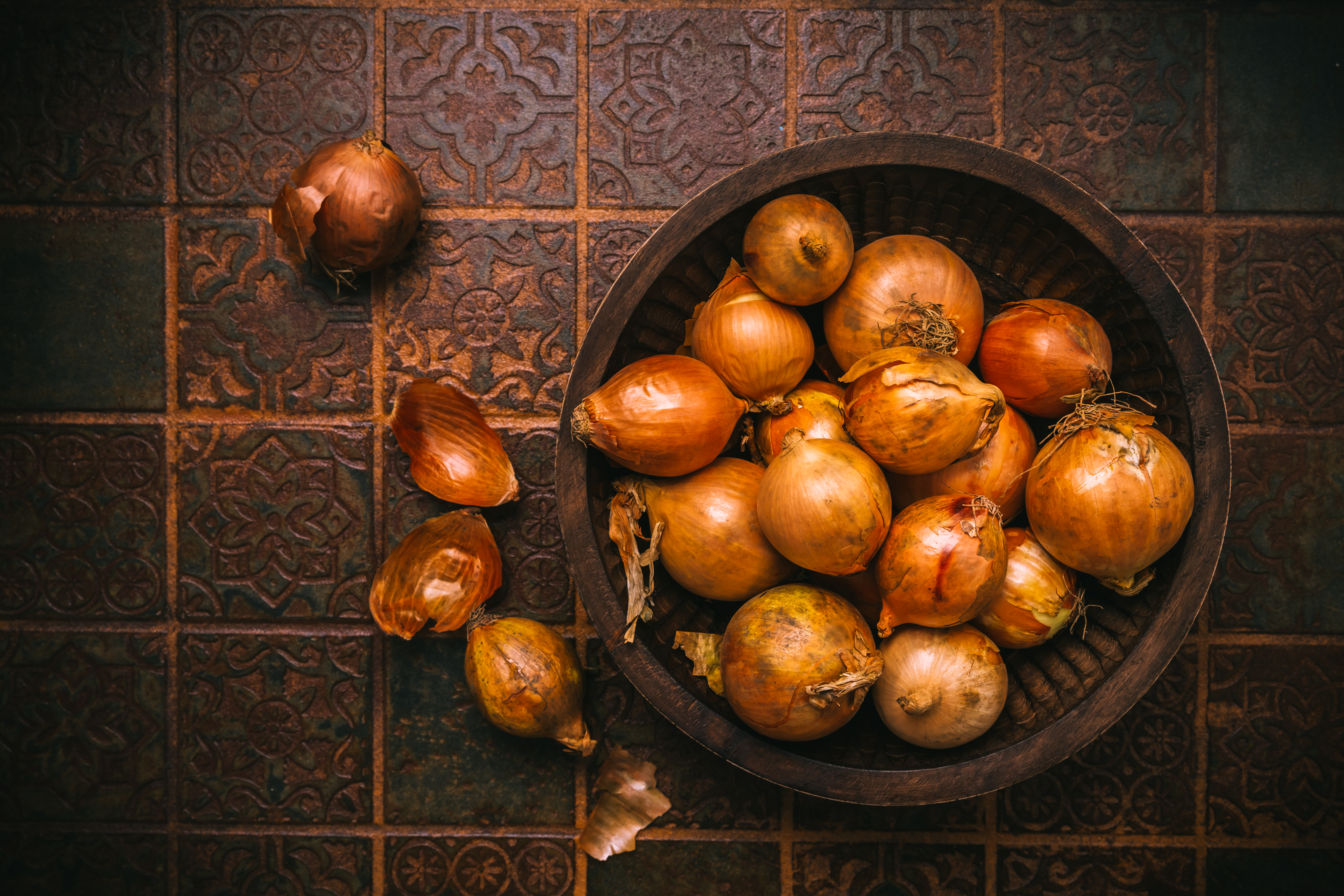57 Powerful Foods That Feed the Good Bacteria in Your Gut
Your gut is more than just a digestion machine—it’s a full-body command center, influencing everything from your immune system and brain function to your energy levels, mood, and skin. And at the heart of it all? The trillions of microbes working quietly behind the scenes. But these good bacteria don’t just show up—they need to be nourished. That’s why we’ve expanded our guide to 57 Powerful Foods That Feed the Good Bacteria in Your Gut—a vibrant, science-backed list of everyday ingredients that help your microbiome flourish. From fermented favorites and fiber-loaded plants to antioxidant-rich fruits and ancient grains, these foods aren’t just healthy—they’re transformative. They help reduce inflammation, improve digestion, and create a gut environment that supports your entire body. Forget quick fixes and trendy cleanses—this is real fuel for real results. Because when you feed your gut right, everything else starts falling into place. Let’s get your microbes what they need.
1. Garlic: The Microbiome Multiplier

Garlic is one of the most powerful prebiotic foods, providing the gut microbiome with essential fuel to thrive. It contains inulin, a type of fiber that stimulates the growth of Lactobacillus and Bifidobacterium, two key bacterial strains that support digestion and immunity. Prebiotics like inulin help diversify gut flora, making the digestive system more resilient against harmful bacteria and imbalances. Beyond its role as a prebiotic, garlic is a potent antimicrobial and antifungal food, helping eliminate harmful pathogens while preserving beneficial bacteria. This dual action promotes gut balance and reduces inflammation, particularly in individuals suffering from digestive disorders like irritable bowel syndrome (IBS) or leaky gut syndrome. Studies suggest that regular garlic consumption can enhance digestion, boost immune function, and even reduce the risk of chronic disease. To get the most benefits, enjoy raw or lightly cooked garlic by adding it to soups, stir-fries, dressings, or roasted vegetables. Crushing or chopping garlic and letting it sit for a few minutes before cooking helps activate its gut-friendly sulfur compounds, maximizing its health benefits.
2. Onions: The Digestive Enhancer

Onions are an incredibly rich source of prebiotic fiber, making them one of the best foods for feeding beneficial gut bacteria. They contain fructooligosaccharides (FOS), a specialized fiber that nourishes probiotic strains like Bifidobacteria, helping them thrive and outcompete harmful bacteria. FOS also enhances the production of short-chain fatty acids (SCFAs), which help maintain gut lining integrity, reduce inflammation, and promote overall digestive comfort. Onions also boast powerful antioxidants and flavonoids, particularly quercetin, which has been shown to reduce oxidative stress and support gut barrier function. This is especially beneficial for people who experience digestive discomfort, bloating, or food sensitivities, as onions help soothe the gut lining and promote regular digestion. For maximum gut-healing benefits, incorporate both raw and cooked onions into your diet. Raw onions contain higher concentrations of prebiotics, while cooked onions are easier to digest and still provide gut-friendly benefits. Add them to salads, stir-fries, soups, or roasted dishes to support gut balance and microbial diversity.
